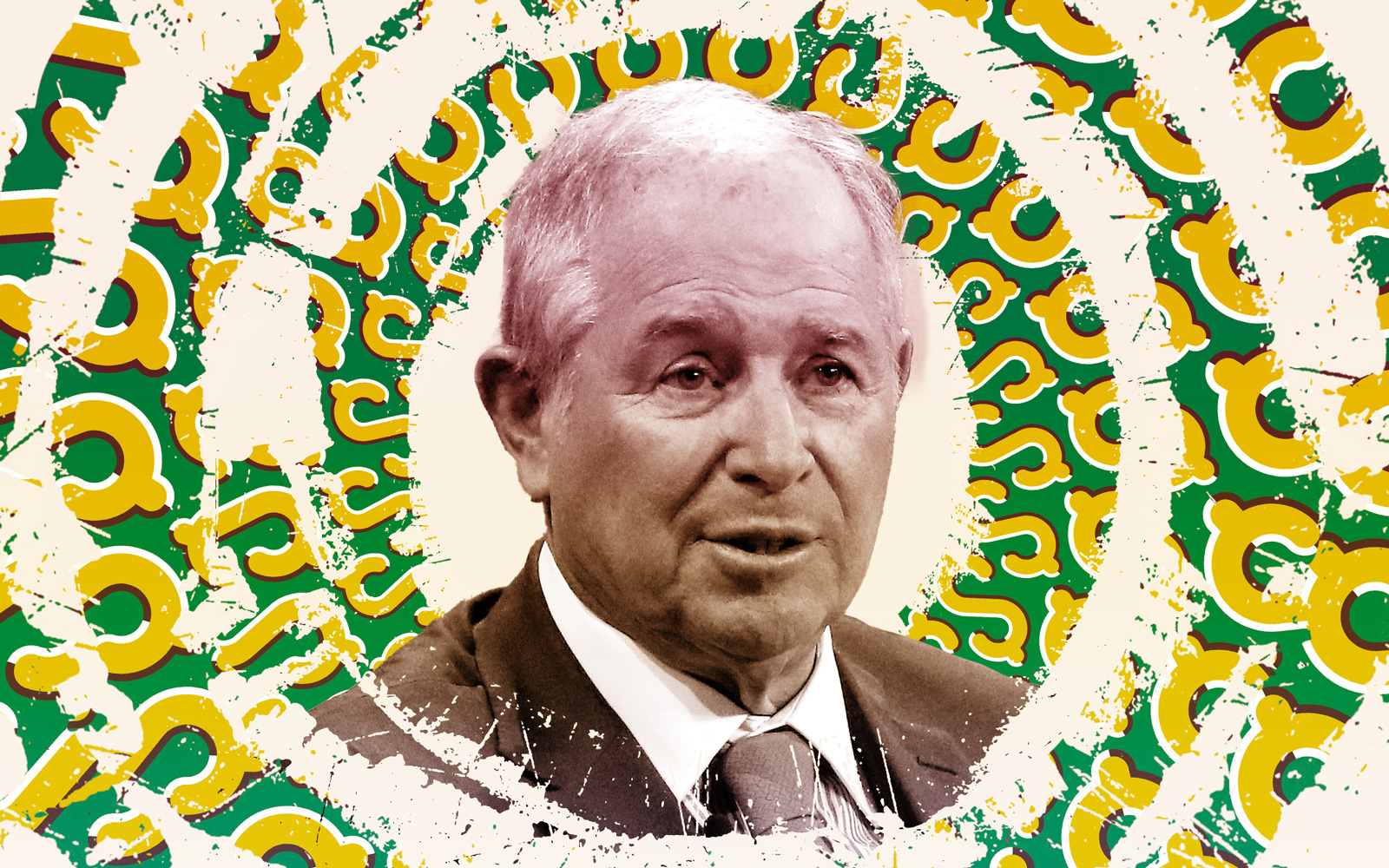Blackstone president Jon Gray is looking at the markets with a glass half full.
As the alternative asset manager surpassed $1 trillion under management for the first time, Gray told the Financial Times that the deal drought plaguing commercial real estate in the last year may finally be at an end.
“Markets will normalise and transaction activity will pick back up,” Gray told the outlet on the same day of Blackstone’s second-quarter earnings report. He alluded to the possibility of further market pullbacks, but said the broader economy seems to have survived the “inflation shock” and most of the “interest rate shock” as inflation has fallen to 3 percent.
Commercial real estate activity essentially halted a year ago, shortly after the Federal Reserve launched a series of aggressive interest hikes to slow down inflation. Blackstone has proven to be more of a seller than buyer in recent months and has seen its flagship real estate investment trust struggle at times, even limiting withdrawals.
The firm’s fortunes appear to be on the rise, though. In the second quarter, Blackstone generated $1.2 billion in distributable earnings — often a good proxy of cash flow at a company — and beat expectations in the process.
Blackstone Real Estate Income Trust, meanwhile, is coming off its strongest month of returns in nearly a year. BREIT recorded a 0.96 percent return in June, the third straight month of positive returns for the fund.
If Gray’s forecast on transaction activity proves true, Blackstone could be a big reason for it. The company has amassed a war chest of dry powder, ready to deploy at a moment’s notice.
In April, Blackstone closed the latest in a series of global real estate investment funds after raising a stunning $30.4 billion in capital commitments. The firm said it was the “largest real estate or private equity drawdown fund ever raised.” At the time of the closure, Blackstone had a whopping $50 billion in capital commitments across its various international funds.
— Holden Walter-Warner
Read more



